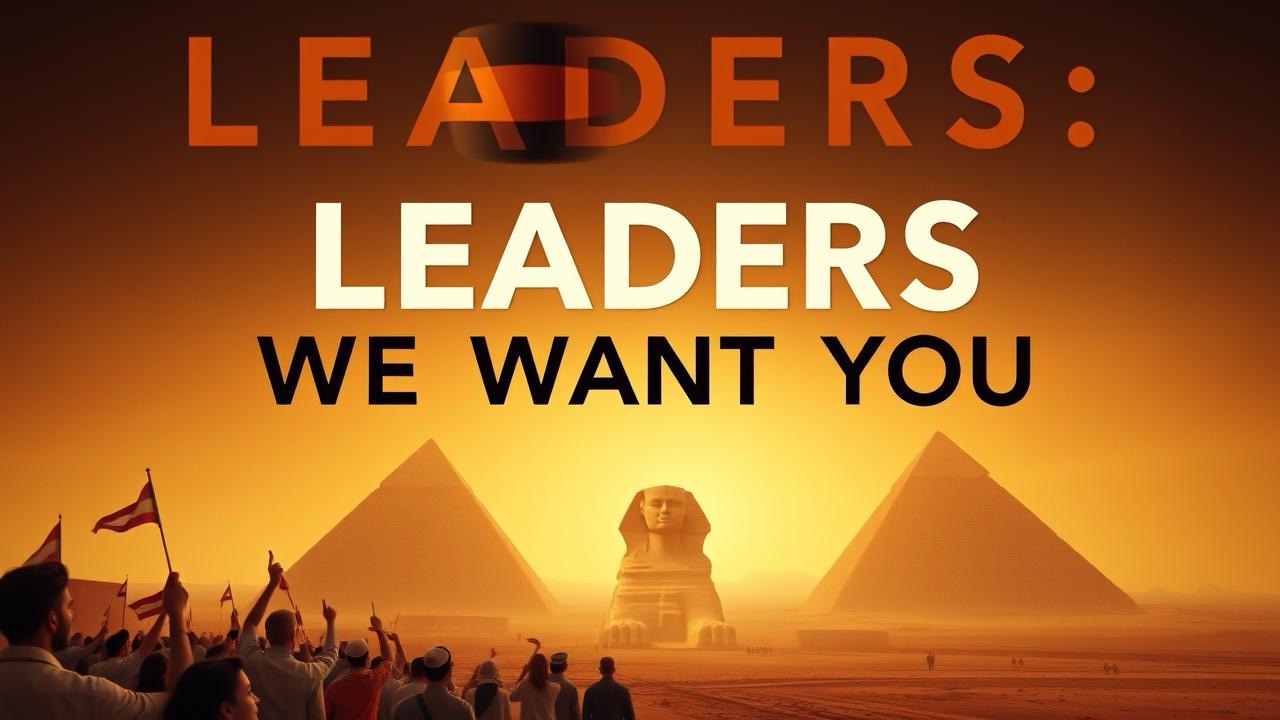A Not-So-Shocking Revelation
Ah, the United States and the United Kingdom, the “pillars” of democracy, where “all men are created equal,” unless, of course, you’re part of the inconvenient majority they forgot to consult when drafting all these “foundational” documents. Isn’t it heartwarming to see these ancient democracies, bastions of freedom and equality, consistently ignore their own supposed values?
The United States – Liberty and Justice for… Some
Let’s talk about the U.S. Constitution, that glorious piece of parchment signed by a bunch of wealthy, white men in 1788, who clearly thought, “We got this!” Well, they got it all right, except they conveniently glossed over entire groups of people. The framers managed to enshrine liberty and justice for a very selective few, leaving slavery intact because, well, why complicate things? And when it came to women, they were probably thinking, “Voting? Politics? Leave that to us, ladies.” It only took them a tidy 130 years to consider amending that one!
Of course, the Civil Rights Movement tried to fix some of these “oversights.” But the ink barely dried on the Voting Rights Act before politicians figured out ways to chip away at it. Because who doesn’t love a good game of “say one thing, do another”?
The United Kingdom – Empire, Class, and Other Fun Traditions
Now, across the pond, our lovely UK has its own brand of constitutional theater. Oh, the Magna Carta, the Bill of Rights, the Human Rights Act, all those lovely documents that supposedly make Britain a beacon of fairness. Because nothing says fairness like a brutal history of colonialism! The British Empire was all about spreading civilization, or, as some might call it, squeezing wealth and resources out of countries and leaving them with nice, tidy legacies of poverty and political instability. Brilliant strategy.
And let’s not forget the class system, which surprise! still holds a nice, firm grip. Why let go of a system that makes sure wealth and opportunity stay in the same hands, generation after generation? Who cares about modern values when you can hold onto centuries-old social hierarchies & habits all the while preaching about a cup of coffee or a smoke.
Oh, and then there’s Brexit, the gift that keeps on giving. Out with the EU, in with the potential erosion of workers’ rights, environmental protections, and all those other “optional” human rights. Who needs those, anyway?
The Shared Legacy – Hypocrisy, Inequality, and Power for the Few
Despite their differences, both the US and UK manage to nail the art of looking like the champions of democracy while somehow keeping power in the hands of the wealthy and privileged. Systemic racism? Check. Gender inequality? Check. A political class totally disconnected from reality? Check, check, and check.
But hey, at least they’re consistent. For every declaration about “justice” and “freedom,” there’s a policy or loophole to keep the status quo nice and cozy. It’s almost impressive how they’ve managed to uphold these “values” by doing, well, the exact opposite.
The Bottom Line
So here we are, centuries later, still marveling at how these two democracies can talk such a big game about constitutional values while bending or ignoring them at every convenient turn. But let’s not get too worked up, it’s just the way things work, right? After all, who needs real equality when you have centuries of polished rhetoric and empty promises to fall back on?
